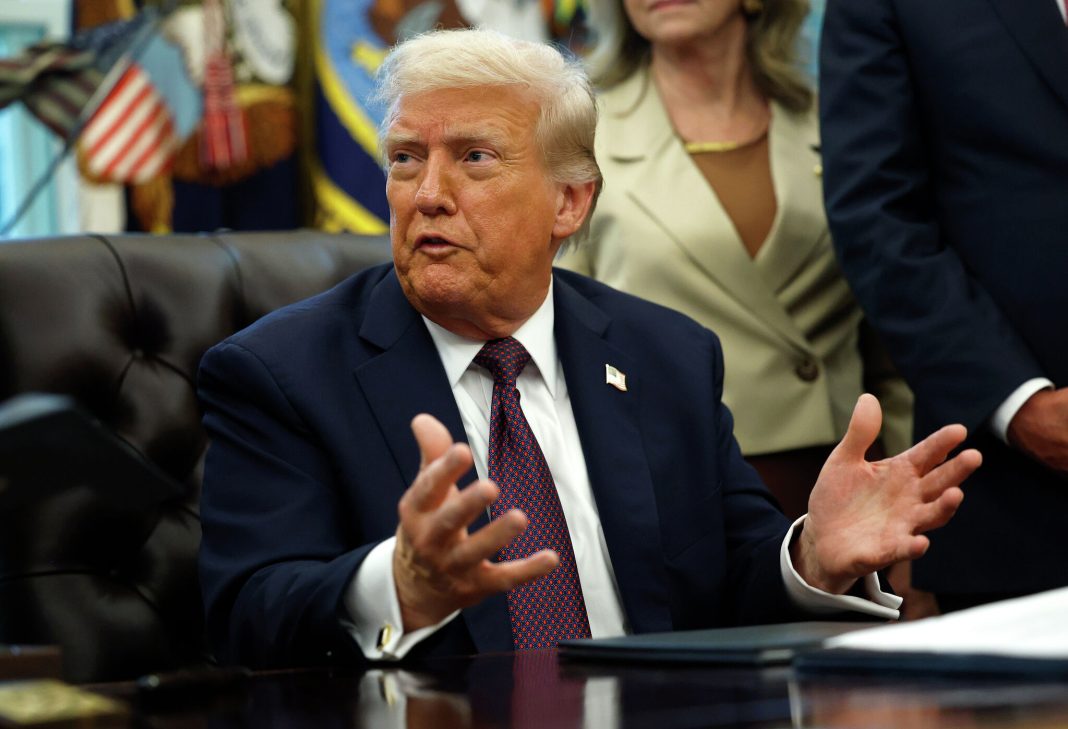Well, this certainly got everyone talking. When former President Trump recently floated the idea of sending federal troops into San Francisco, it wasn’t just a ripple – it was a cannonball splash in the already turbulent waters of American politics. The very notion of deploying military personnel to tackle urban issues in a major U.S. city is, to put it mildly, an extraordinary and deeply provocative proposition. It immediately sparks a whirlwind of questions, concerns, and strong opinions from every corner.
For many, the pledge evokes a stark vision of federal overreach, a direct challenge to local governance and a potentially dangerous precedent. For others, it might sound like a desperate call for order in cities grappling with complex challenges. Regardless of where you stand, this isn’t just a political soundbite; it’s a declaration that forces us to consider the very fabric of our society and the role of government at all levels.
Understanding the ‘Why’ Behind the Pledge
So, why San Francisco? And why the dramatic measure of troops? Trump’s rhetoric often centers on what he describes as the “decline” of major liberal-leaning cities, frequently highlighting issues like homelessness, drug crises, and public safety concerns. In this context, San Francisco has become a frequent target, painted by some as a symbol of urban decay that requires drastic intervention. The idea, it seems, is to frame these societal problems as a breakdown of order so severe that conventional local policing and social services are deemed insufficient.
Proponents of such a move might argue that it’s a necessary step to restore law and order, to clean up streets, and to address what they perceive as uncontrolled social issues impacting residents and businesses. It’s a narrative that appeals to a specific vision of strong executive action, promising swift and decisive solutions where local authorities are seen as having failed. However, this approach inherently bypasses the nuanced, community-led strategies that many believe are essential for sustainable change in complex urban environments.
The Echoes of Controversy: Implications and Reactions
The suggestion of federal troops on the streets of San Francisco immediately ignites a firestorm of debate, and for good reason. Legally and practically, deploying military personnel for domestic law enforcement raises significant questions under the Posse Comitatus Act, which generally prohibits the use of the military for such purposes without explicit authorization. The potential implications range from constitutional challenges to a severe erosion of trust between citizens and their government.
The reaction from San Francisco residents and officials has been largely one of defiance and incredulity. “We need solutions that respect our community’s dignity, not military intervention,” said a longtime Mission District resident, Maria Rodriguez. “Our city deserves resources, compassion, and collaborative governance, not to be treated as a battleground.” This sentiment reflects a widespread concern that such a move would be an affront to local autonomy, further militarizing social issues, and potentially escalating tensions rather than resolving underlying problems. It transforms complex social crises into a perceived security threat, inviting a response that could alienate and traumatize the very communities it purports to help.
Looking Ahead: A Defining Moment?
Trump’s pledge to send troops to San Francisco is more than just a policy proposal; it’s a stark articulation of a particular political philosophy. It pushes the boundaries of federal power and reignites the perennial debate about local control versus national intervention. Whether this remains a powerful talking point or evolves into a concrete policy discussion, it forces us all to ponder the best ways to address our nation’s most challenging urban problems. It highlights the vast ideological chasm regarding how we define crisis, who holds the authority to act, and what truly constitutes effective solutions for our cities.




